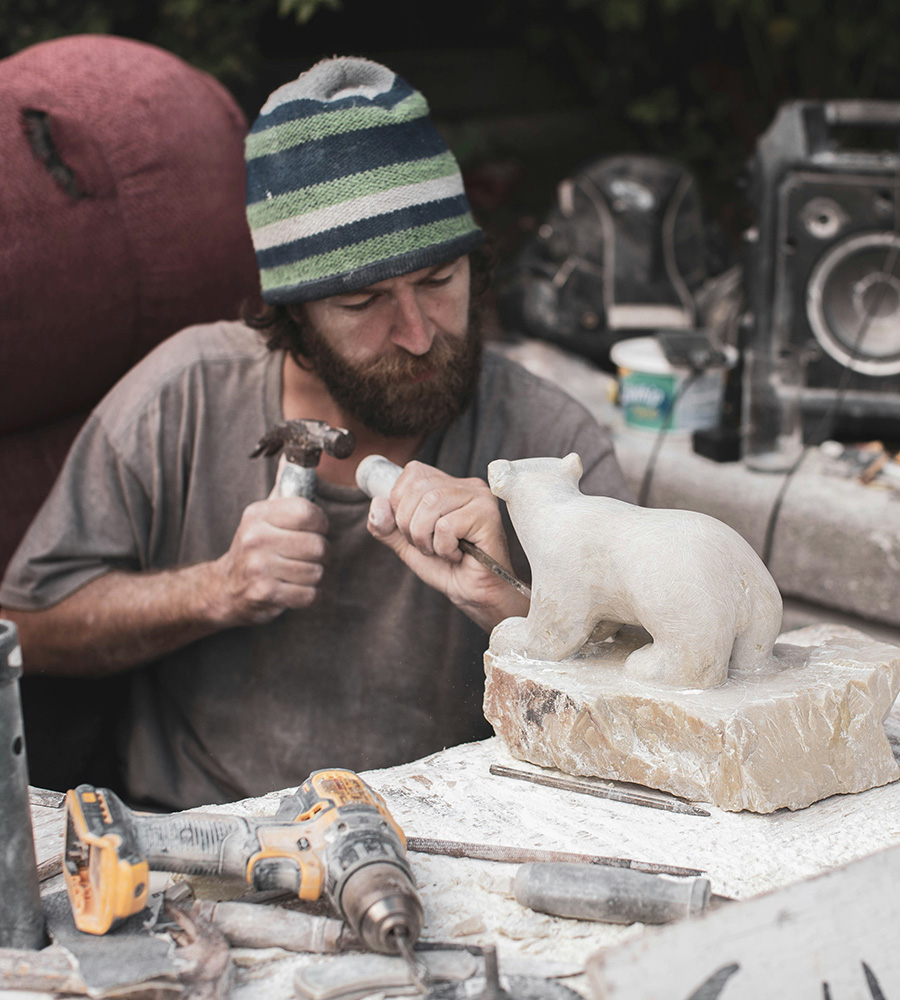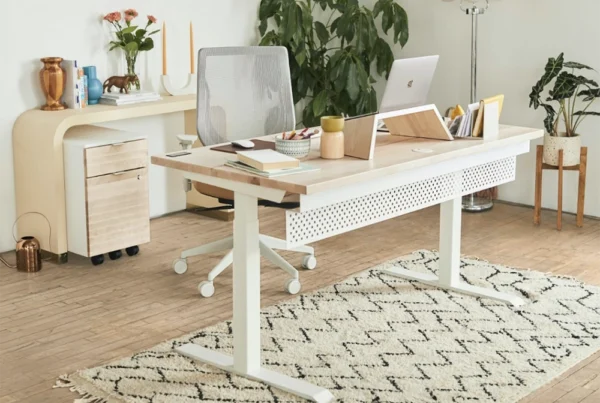What do you do for work? More importantly, how do you work? You’re probably sitting at your desk, staring at a screen, typing for one-third of the day, right? That’s what most modern people do, and it’s become normal. But imagine if you were to create something tangible and solved actual, real-world tasks each day. And that’s not to say you can’t be useful and solve real problems behind a computer, but working with your hands is a completely different story.
Think of an electrician who fine-tunes circuits, a carpenter who shapes raw wood into something beautiful, or a mechanic that’s bringing engines back to life. You can’t say it’s the same as working in an office, and the benefits aren’t the same either. With a hands-on job, you move, you think, and you create all at the same time. You also keep learning and perfecting your skills.
This type of work isn’t just a career; it’s a way to stay sharp and balanced.
Physical Benefits of Hands-On Jobs
A hands-on job needs skill, of course, but it also requires you to move, be strong, and coordinate your body, all of which have a lot of physical/health benefits (e.g., improve cardiovascular health, muscular strength, joint flexibility/mobility, weight management, and many more). You could almost look at these as a natural antidote to a sedentary job, and you already know that it doesn’t benefit your physical health.
Let’s see the most important benefits.
- You Spend Less Time Sitting
Sitting in an office all day isn’t healthy for your body, but when you work with your hands, you’re always on the move. An electrician climbs ladders often, has to find their way through tight spaces, and uses different tools.
A carpenter bends, lifts, and handles materials. A mechanic stays active while they inspect, repair, and reassemble machines. All of these jobs will keep you physically engaged, and that combats the negative effects of prolonged sitting.
- Contributes to Overall Fitness
If you have a hands-on job, your fitness level can’t be non-existent. With regular movement and effort, you’ll be at lower risk of chronic health issues. When you engage large muscle groups and promote aerobic activity, it improves your heart health and helps your weight stay healthy.
- Improved Motor Skills and Hand-Eye Coordination
To do a good job, you’ll need to be precise, and even if you aren’t in the beginning, you’ll get there with time. Your tasks will develop fine motor skills and hand-eye coordination, which are both important for maintaining dexterity as you age.
Mental Health Benefits
With hands-on jobs, you don’t engage just your body; your mind also works hard. These careers are a mix of problem-solving, creativity, and physical activity.
Another big benefit is that you keep learning for as long as you work. Let’s say you’re an electrician; you’ll need to keep up with the latest technologies to be able to work. Electrical continuing education in Nebraska, New York, Florida, and basically everywhere across the U.S. will educate you on what’s new, and with training, you’ll be able to stay competitive (and safe; electricity is dangerous if you’re not careful).
The same goes for all other hands-on jobs (e.g., plumbers, carpenters, mechanics, chefs, welders, craftsmen, artisans, etc.; too many to count); there are always new materials and techniques coming out and you’ll need to master them to stay relevant.
Here are some other mental health benefits.
- Calming Effects of Repetitive Tasks
With hands-on work, you’ll often do the same task over and over. Wiring, sanding parts, or fitting parts are part of every day, and they create a calming rhythm.
You focus only on what you’re doing, and in doing so, you get a mental break from distractions and stress. Over time, this focus will sharpen your concentration and reduce anxiety.
- The Sense of Accomplishment
There aren’t many things more rewarding than seeing the direct result of something you made yourself, like fixing a system that was broken or creating something you can hold in your hands. Sometimes, your job can make you feel frustrated and even incompetent, and this is the perfect way to counteract those feelings.
- Becoming Better at Solving Problems
There’s no time to google this or that, you need to think on your feet and make decisions in a snap. This is especially obvious during unexpected situations.
You might struggle at first, but as time goes on, you’ll get better at this and your improved problem-solving skills will work wonders for mental agility. You’ll also become more patient and confident because you’ll know you can handle whatever your work throws your way.
Conclusion
There’s something so satisfying about working with your hands and you can see proof all around you on social media. You’ve probably seen people sharing their work and those accounts usually have a more than decent following.
These types of jobs keep you thinking, creating, and have benefits that impact all aspects of your life. Our world is dominated by screens and desk jobs, so if you’re not happy with it, why not give something different a try?
Photo by Jonathan Cooper on Unsplash







